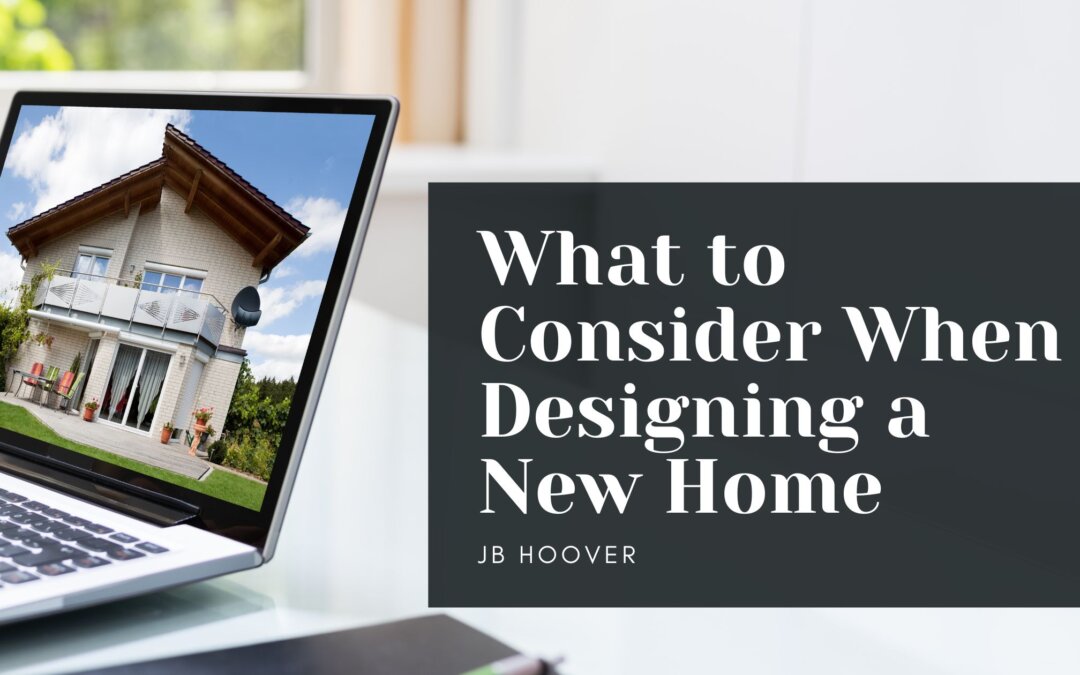Designing a new home is an exciting process that allows you to create a space tailored to your needs and preferences. However, it’s essential to approach the design process carefully to ensure that your home meets your requirements and functions well for years to come.
Lifestyle and Future Needs
When designing your home, it’s crucial to consider your current lifestyle and anticipate future needs. Think about the number of family members, their ages, and any specific requirements they may have. Consider additional bedrooms, office space, or a dedicated area for hobbies or activities. Planning for the future can help ensure your home remains functional and comfortable as your needs evolve.
Site and Orientation
The site and orientation of your home play a significant role in its design. Consider the climate, prevailing winds, natural light, and views. Properly orienting your home can maximize energy efficiency, natural ventilation, and natural light, reducing reliance on artificial lighting and heating/cooling systems.
Functional Layout
An efficient and functional layout is essential for a well-designed home. Consider the flow and organization of spaces, ensuring each area effectively serves its purpose. For example, locate bedrooms away from noisy places, position the kitchen near the dining and living areas, and allocate sufficient storage spaces throughout the house. Prioritize functionality and usability to create a practical and enjoyable home.
Sustainability and Energy Efficiency
Incorporating sustainable design principles and energy-efficient features into your home can benefit the environment and your wallet. Consider proper insulation, energy-efficient appliances, solar panels, and water-saving fixtures. These elements can reduce your home’s environmental impact and lower utility costs.
Building Codes and Regulations
Ensure compliance with local building codes and regulations throughout the design process. Familiarize yourself with the specific requirements for your area, including setback regulations, maximum building heights, and any other restrictions that may impact the design and construction of your home. Working with professionals knowledgeable about local laws can help streamline the process and avoid potential issues.
Budget and Cost Management
Establishing a realistic budget and managing costs is essential when designing a new home. Consider the costs of land acquisition, construction materials, labor, permits, and any additional features or customization you desire. It’s crucial to balance your aspirations for the design and your financial capacity. Consulting with professionals and obtaining detailed cost estimates can help you make informed decisions.
Designing a new home requires careful consideration of various factors to create a space that meets your needs, aligns with your lifestyle, and functions efficiently.

